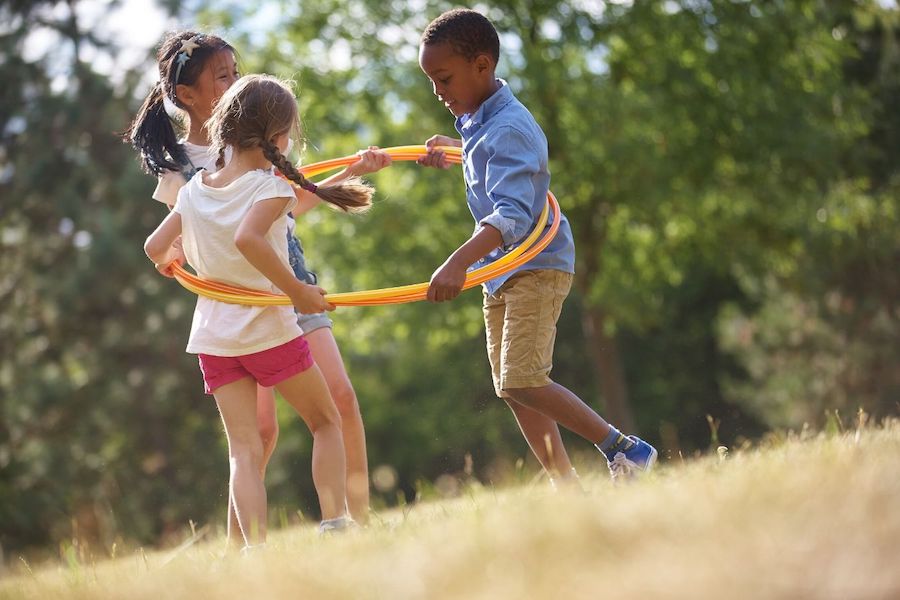Type “talking about race with kids” into a search bar, and you can scroll endless results. But what if you have a child with special needs? Can a child with autism who may not be able to imagine or understand others’ perspectives understand race? How do you navigate the complex themes of race with a child who has language or other developmental delays?
Although much more research is needed to answer these questions, here’s what we’ve found, as well as tips from our therapists.
Can children with autism understand race-related concepts?
A hallmark of autism is struggling with theory of mind, or the understanding that others have thoughts and feelings that are separate from our own. Still, this study found that children with autism who had a verbal age of 6 to 7 years (and did not succeed at theory of mind tasks) know and use gender and race stereotypes the same way their typically-developing peers do. This underscores the fact that, yes, children with autism can understand not only racial stereotypes, but those related to gender as well.
How do you navigate the complex themes of race and racism with a child who has language or other developmental delays?
The simple answer is to follow the advice for talking to typically-developing children about race, but tailor it to their developmental level and specific needs.
This resource, from the American Academy of Pediatrics, is a good place to start.
Also keep these tips in mind:
Include books, toys, and media that have main characters from diverse backgrounds. This is an organic way to expose your child to differences in positive way.
Respond to observations or questions about race in a positive way. While your responses need to be aligned with your child’s language skills, positive reactions to racial differences can help combat the negative stereotypes children learn over time.
Ask your child’s therapists for guidance. Whether it’s a speech therapist, occupational therapist, psychologist or social worker, the professionals who work with your child may have unique insight into which types of books, activities, or conversations might be best when exploring racial themes with your child.
As books are always a powerful learning tool, here’s a thoughtful list of book recommendations for children with special needs.


Recent Comments